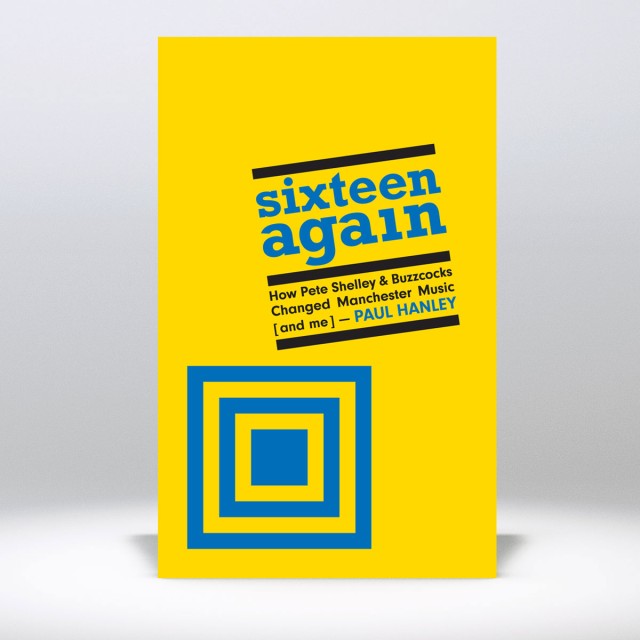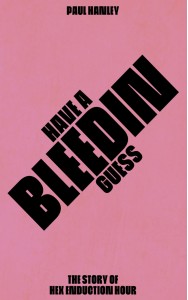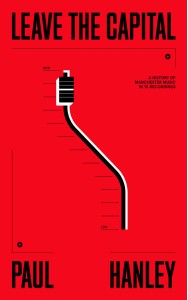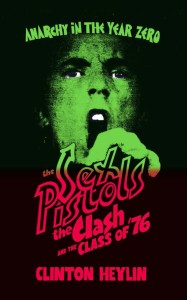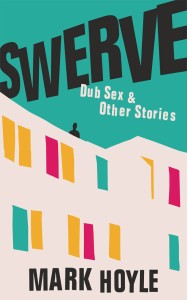Have A Bleedin Guess
Quietus Book of the Year Northern Soul Book of the Year The Australian Book of the Year Even if it’s a fool’s errand trying to decide which is the greatest LP out of The Fall’s huge back catalogue of albums, many fanatics of the group will tell you that the worst thing you can say about Hex is that it’s their equal best at the very least. – John Doran, ..
Read More